Д.В. Ландэ, Построение модели предметной области путем зондирования сервиса Google Scholar Citations
// Онтология проектирования, 2015. - N 3(17). - С. 328-335.
[an error occurred while processing this directive][an error occurred while processing this directive] File not found. [an error occurred while processing this directive]
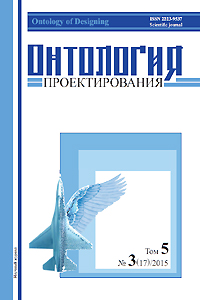 |
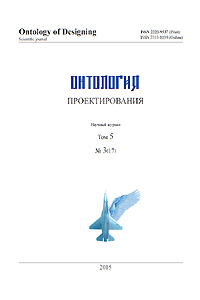 |
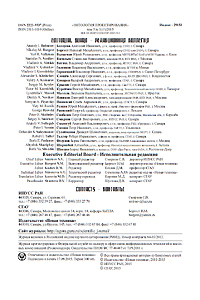 |
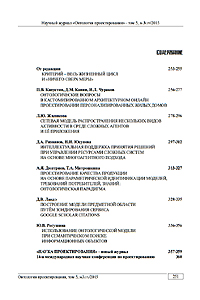 |
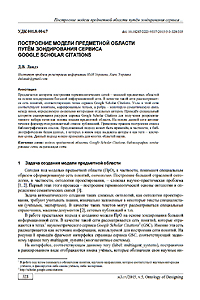 |
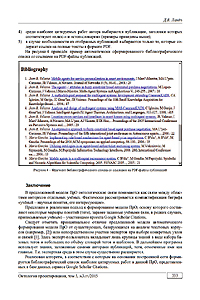 |
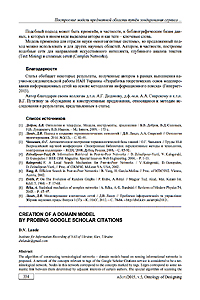 |
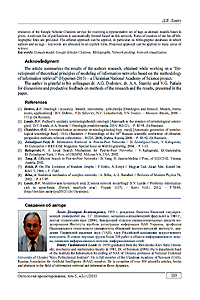 |
|
Предлагается алгоритм построения терминологических сетей - моделей предметных областей (ПрО) на основе зондирования большой информационной сети. Как такая сеть рассматривается сеть понятий, соответствующих тегам сервиса Google Scholar Citations. Узлы в этой сети соответствуют понятиям, маркированным тегами, а ребра - некоторую семантическую связь между ними, определяемую смежными интересами отдельных авторов. Приведен специальный алгоритм сканирования ресурсов сервиса Google Scholar Citations для получения репрезентативного набора тегов как основы модели ПрО. На основе данной сети автоматически формируется релевантный список публикаций. Приведены правила построения списка библиографических ссылок. Предложенный подход может быть применён, в частности, к библиографическим базам данных, в которых в явном виде выделены авторы и как теги - ключевые слова. Данный подход можно применять для многих областей науки. The algorithm of constructing terminological networks . domain models based on sensing informational networks is proposed. A network of the concepts relevant to tags of the Google Scholar Citations service is considered to be a terminological network. Nodes in this network correspond to the concepts marked by tags. Edges correspond to some semantic link between them determined by adjacent interests of certain authors. The special algorithm of scanning the resources of the Google Scholar Citations service for receiving a representative set of tags as domain models bases is given. A relevant list of publications is automatically formed based on this network. Rules of creation of the list of bibliographic links are provided. The offered approach can be applied, in particular, to bibliographic databases in which authors and as tags - keywords are allocated in an explicit form. Proposed approach can be applied to many areas of science. |
